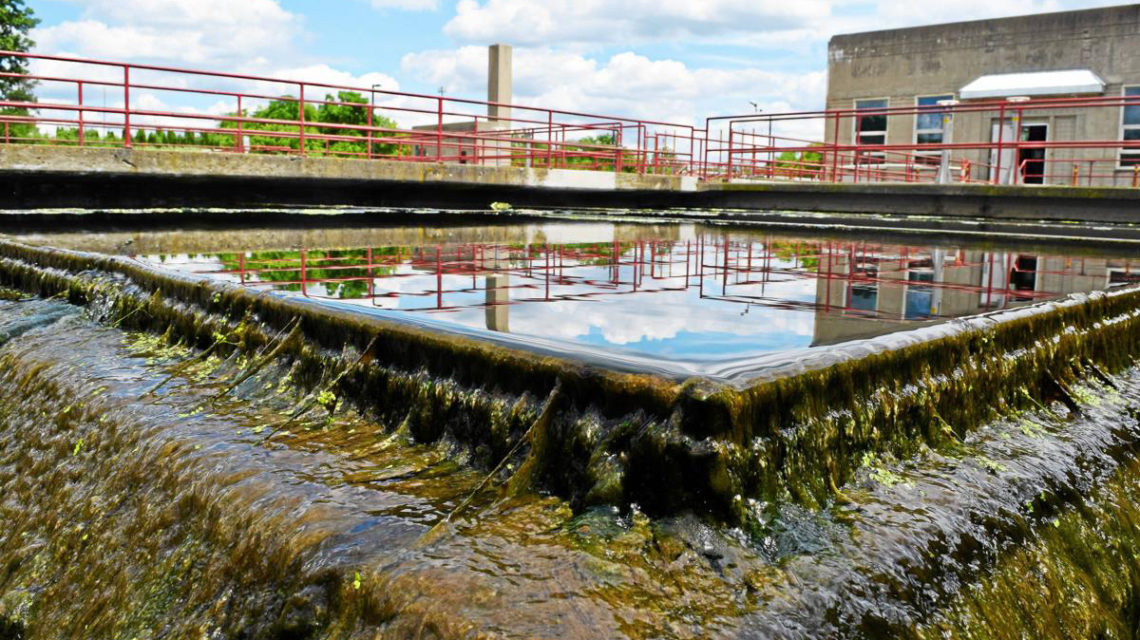It never ceases to amaze me ….. the USA’s ability to innovate, create, solve/resolve, the life and death challenges affecting our existence. In times of distress American genius consistently comes together to look for solutions, implement those solutions, etc.
The article below talks about COVID 19 with new innovative methods for discovery, treatment, prevention, through examining our waste water. That’s American ingenuity again, we’re going to be examining our toilet waster water looking for infected COVID 19 active cases. WOW, I am amazed. This is what excites me about being alive during these times ….. I only wish I was 20 or 30 years younger to experience all these great innovations/inventions that are coming our way…. maybe increasing the quality of our lives. That is, if Donald Trump kill doesn’t kill us all first, lol.
Vote for DEMOCRATS BIDEN & HARRIS and SENATOR GARY PETERS!
 The Michigan Department of Environment, Great Lakes, and Energy (EGLE) and the Michigan Department of Health and Human Services (MDHHS) today announced a $10 million grant for a three-month pilot program to fund local public health department efforts to coordinate with counties, universities, and other institutions across the state on COVID-19 wastewater testing programs. These local efforts have the potential to be an early warning system for the spread of COVID-19 within a specific community or for coronavirus outbreaks on college campuses and at other densely populated facilities.
The Michigan Department of Environment, Great Lakes, and Energy (EGLE) and the Michigan Department of Health and Human Services (MDHHS) today announced a $10 million grant for a three-month pilot program to fund local public health department efforts to coordinate with counties, universities, and other institutions across the state on COVID-19 wastewater testing programs. These local efforts have the potential to be an early warning system for the spread of COVID-19 within a specific community or for coronavirus outbreaks on college campuses and at other densely populated facilities.
Funded from Michigan’s allocation of federal money under the Coronavirus Aid, Relief, and Economic Security Act (CARES), the $10 million grant program will target existing COVID-19 wastewater surveillance programs in the state to establish a standardized and coordinated network of monitoring systems operating by Oct. 1, 2020.
Testing wastewater for viruses, such as the SARS-CoV-2 virus that causes COVID-19, can be an effective tool for monitoring transmission of COVID-19 within a local community or at individual facilities. The virus is shed in human waste, including people who are not ill or have not yet become ill. The virus can then be detected by testing samples taken from sewers and wastewater treatment plants, with results often being available earlier than human clinical samples. These results can then inform local public health actions to prevent further spread within that community.
“Since nearly 70 percent of Michigan residents rely on public wastewater systems, this COVID-19 surveillance program has the potential to provide critical, life-saving data on COVID-19 transmission within a large portion of Michigan’s population,” said EGLE Director Liesl Clark. “The ability to predict outbreaks on college campuses, at nursing homes, prisons, and other congregate care facilities could be game-changer in our mission to slow the spread of this virus.”
During the three-month pilot project, EGLE will coordinate sample collection, lab analysis, data reporting, and communication with the local monitoring teams across Michigan. MDHHS will provide project support to participating local health departments, including how to integrate local wastewater data with other types of COVID-19 surveillance and public health responses. The pilot project will also partner with the Michigan State University laboratory of Dr. Joan Rose, who will develop the laboratory testing methods for the local teams.
“Slowing the spread of COVID-19 is the shared priority of every agency within state and local government,” said Dr. Joneigh Khaldun, chief medical executive and chief deputy for health at MDHHS. “This partnership could provide early indicators of COVID-19 in a community and allow public health to take quick actions to protect the health and safety of Michiganders.”
As part of the program, Michigan will leverage its existing network of laboratories involved in monitoring the state’s beaches for E. coli. These labs are equipped to test for viruses like the SARS-CoV-2 virus that causes COVID-19 and are capable of supporting local wastewater testing efforts.

